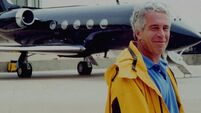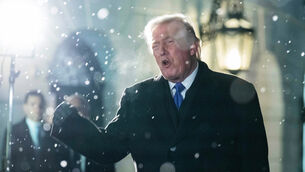Obama warns against jumping to conclusions over ‘act of terror’
The president’s approach underscores the struggle to piece together information about what happened Monday, as well the White House’s lessons learned from previous terrorist incidents, including last year’s deadly attack on a US diplomatic compound in Benghazi, Libya.
Obama was criticised by Republicans throughout the final weeks of the presidential campaign for being reluctant to call the incident an act of terror and for statements administration officials made about the attack that were later proved false.














